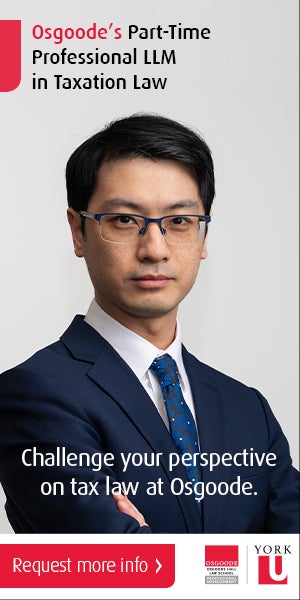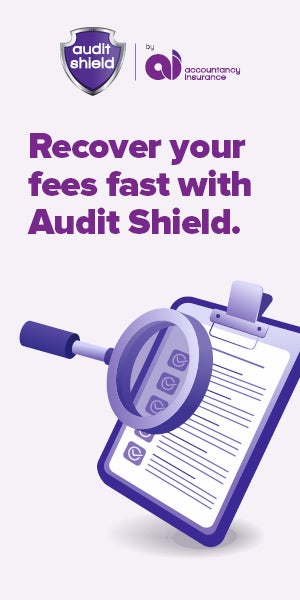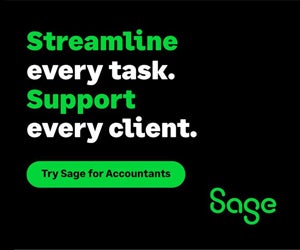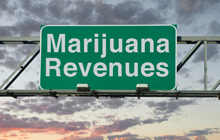Stark regulatory differences between Canada and U.S. belie claims of audit independence

There’s a difference between good audit reviews and good audits, says Al Rosen
The term “independent” is widely mentioned in accounting and financial references across Canada. Many of these references are troublesome and indicate that investors have been misled. Traditional definitions of third-party independence have been abused, sometimes quite severely. For example, our federal finance minister has stated in writing that “… the Accounting Standards Board … (is) the independent body with the authority to establish accounting standards for use by all Canadian entities.”
What definition of “independent” could the minister possibly be using? Basic questions arise, such as who finances the Standards Board, who appoints its governing board members, and who monitors or oversees the board’s decisions. The Minister’s remark is deeply flawed in multiple respects. Control obviously rests with conflicted external auditors.
Yet the ultimate responsibility to the public for regulatory independence clearly lies with Canada’s elected officials. They have an inherent duty to ensure that Canada does not fall behind other industrialized nations. Attracting investor dollars is vital so as to maintain or improve Canada’s job creation and standards-of-living.
Financial reporting quality in decline
The minister’s remark is an acknowledgment that full authority over reporting quality in Canada has been delegated to regulators that, in my opinion, fail to meet most of the traditional requirements for being independent. They were not elected by a national vote nor are their financial decisions seriously monitored by elected parliamentarians. The power to set the quality level of Canadian standards therefore rests, unlike in the United States, with a non-independent body.
Marijuana reporting is but one example of regulatory failure, in which the mythical valuations of marijuana companies are being ignored. Neither the securities commissions nor the standards board have curtailed such audited distortions. Meanwhile, the savings of Canadians are being eroded by financial tricksters. Oversight in Canada consists of delay, hoping the public loses interest.
The quality of Canadian financial reporting shows a clear, major decline over the past 15-20 years. The frequency and large dollar losses alone should be sending glaring “act now!” messages to lawmakers. However, our parliamentarians continue to remain silent; they hide in part behind their own unsupportable definition of independence.
Regulatory differences between Canada and the U.S.
Long ago, the U.S. acknowledged the deep deficiency of allowing reporting standards to be chosen by audit companies and their lobby groups, which have inherent conflicts-of-interest. Important improvements were then made in the U.S. In contrast, in 2005-2010, Canadian lawmakers bought into a system of reporting that is grossly inferior to what is needed, especially given that we are neighbours and sometimes competitors of the U.S.
In my opinion, Canada has many regulatory bodies that claim to protect investors but are funded by industry or professional groups. Lawmaker consultations with such suspect groups, and their published assertions, merely provides misleading information.
The difference between the Canadian Public Accountability Board (CPAB) and the U.S. Public Company Accounting Oversight Board (PCAOB) is stark. The PCAOB is funded independently through government-supervised regulators. In Canada, CPAB derives its funding from auditors, who in turn bill their clients — the companies that contract their audit and consulting services.
In Canada, CPAB provides an audit firm with a draft report of its findings, which is “discussed” with the firm before it is finalized. The final report is private — it is not shared with the public, the subject issuer of the audit or its audit committee. In the U.S., much of the reporting is public, including, thankfully, audits of Canadian firms under their purview.
Take PCAOB’s 2017 inspection of Deloitte Canada, which is readily available online. It revealed that, for two of the five audits that were reviewed by PCAOB, Deloitte as auditor had “issued an opinion without satisfying its fundamental obligation to obtain reasonable assurance about whether the issuer maintained effective [internal control over financial reporting].”
PCAOB is careful to warn readers not to make unfair extrapolations, such as assuming that audit deficiencies indicate undisclosed material weaknesses, or the deficiency remained unaddressed after the inspection team brought it to the firm’s attention. But it warns that failure to take appropriate action could be the basis for disciplinary sanctions, presumably with the full weight of the U.S. Securities and Exchange Commission behind the PCAOB.
Which brings me to a very important distinction. There is a major difference between good audit review scores and good audits. It comes down to the quality of the process, the issues that are focused on by regulators, and the substance of the inspection itself. The independence of the U.S. model seems far more trustworthy to me than the lack of independence we have in Canada.
The views and opinions expressed by contributing writers to Canadian Accountant are their own. Canadian Accountant and its parent company bear no responsibility for the accuracy and opinions of contributing writers.
Dr. Al Rosen, FCA, FCMA, FCPA, CFE, CIP and Mark Rosen, MBA, CFA, CFE, provide independent, forensic accounting investment research. They are the co-authors of Easy Prey Investors: Why Broken Safety Nets Threaten Your Wealth. Learn more at Accountability Research Corporation and Rosen & Associates Limited.










(0) Comments